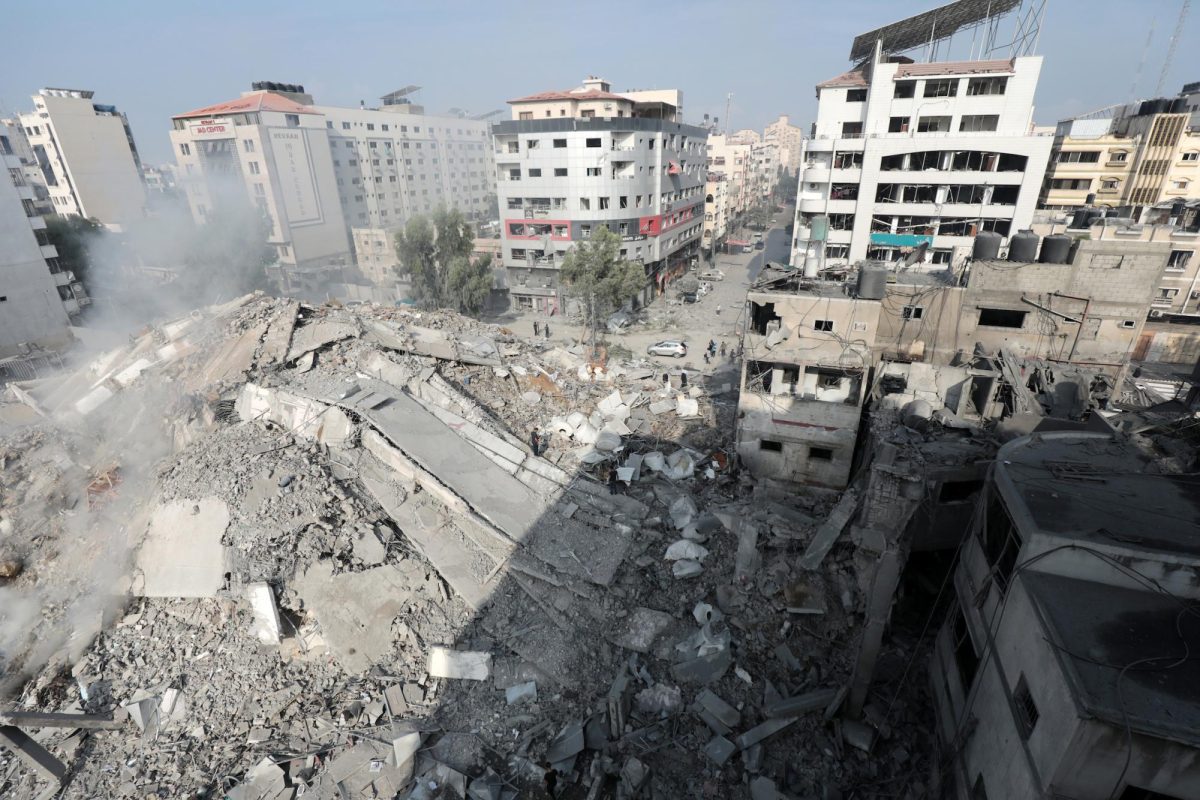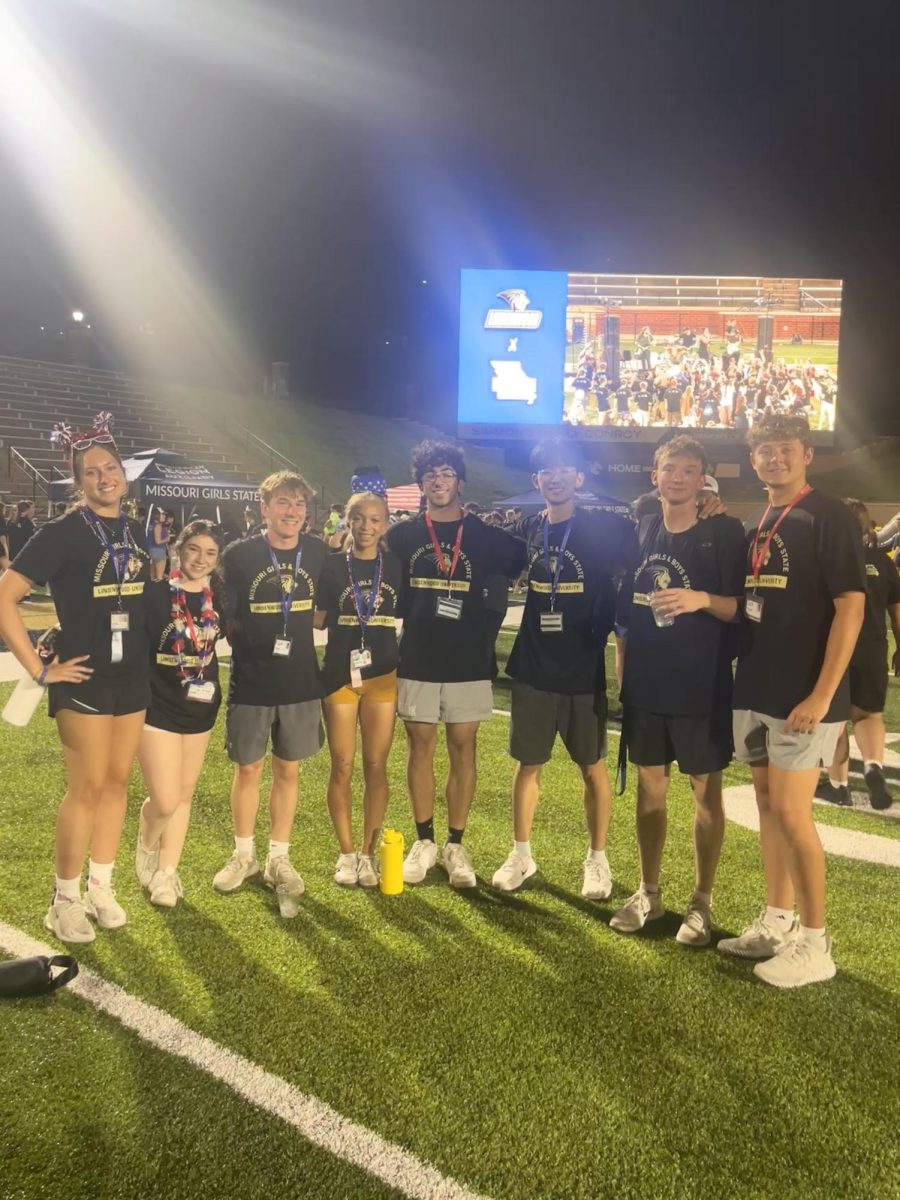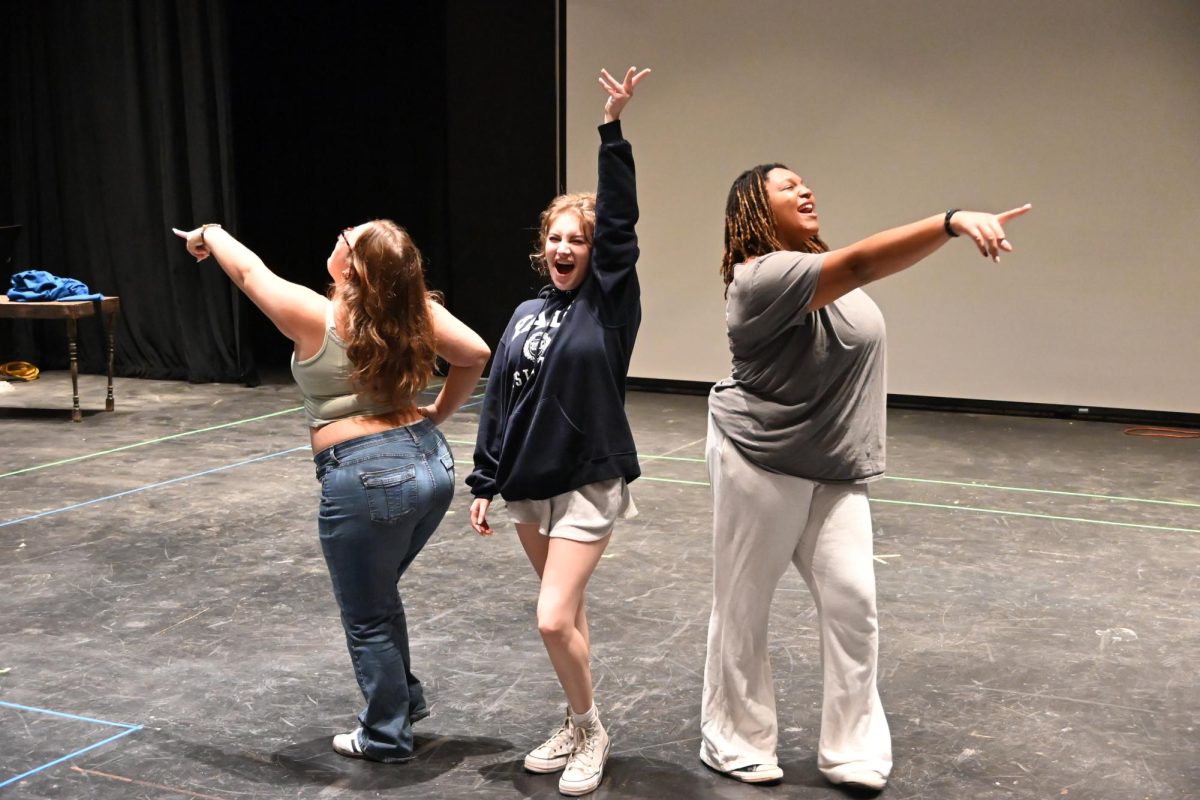On Oct. 8 the Israeli government declared war on Islamic militant group Hamas following a surprise attack involving a barrage of missiles and a storming of towns surrounding the Gaza Strip.
In retaliation to the initial attacks, Prime Minister Benjamin Netanyahu warned the Palestinian citizens to flee their homes before giving the go-ahead for a series of airstrikes on Gaza, said the AP.
Following this back and forth, Israel and Hamas ramped up to a full war with ground and air battles, leaving countless victims on both sides.
Here at Parkway Central, we have students that have moved here from conflict zones such as Israel, Palestine and Ukraine that still have family and friends living there. With the nature of these warzones, there can be uncertainty and fear about the safety of people there.
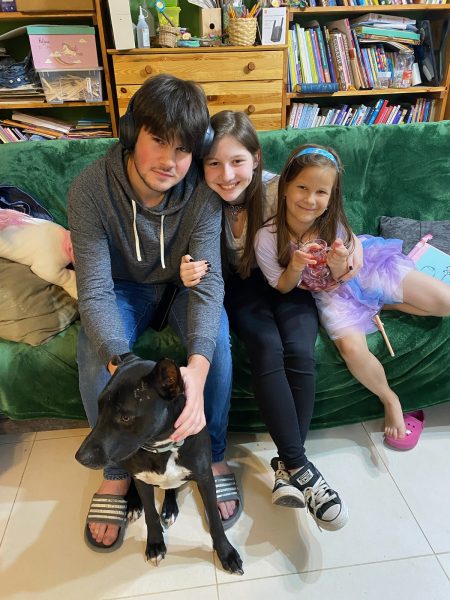
Junior Sasha Novoselova lived in Israel with her family for a year before moving to the United States. Sasha has family members currently living in Israel and Russia and friends living in Ukraine.
“The family that lives in Israel, majority of them live in Haifa and around Haifa. It’s a territory that is more or less protected… although a lot of our family friends, and that was the place where we lived before, is in Sderot. Sderot is very close to sector Gaza,” Sasha said.
Another Parkway Central High School student, who requested to remain anonymous for safety reasons, has family connected with the Israel-Palestine conflict as well.
“I was born in Palestine, in Jerusalem specifically, which is the occupied part of Palestine… Currently, most of my family lives in occupied Palestine, nobody lives in the West Bank or Gaza, but one of my family members does have a residence very close to Gaza,” they said.
With the war ramping up as it is, the rising tensions between Israelis and Palestinians is a big concern for them about their family.
“Recently, there’s been a lot more hostilities, especially from soldiers and the IDF towards Arab people and Palestinian people specifically, and I’m just kind of worried that they will be hurt by something like that, because I’ve got so many horror stories about my dad when he was a kid, just playing out in the street and then there’s just a drive by shooting from IDF,” they said.
This student still has reliable contact with these family members and up to date information from them about their status.
“I have contact with all of them that have phones. And I have like a big group chat with all my cousins on my mom’s side… the only one I don’t have reliable contact with is the one that’s just too young to have a phone,” they said.
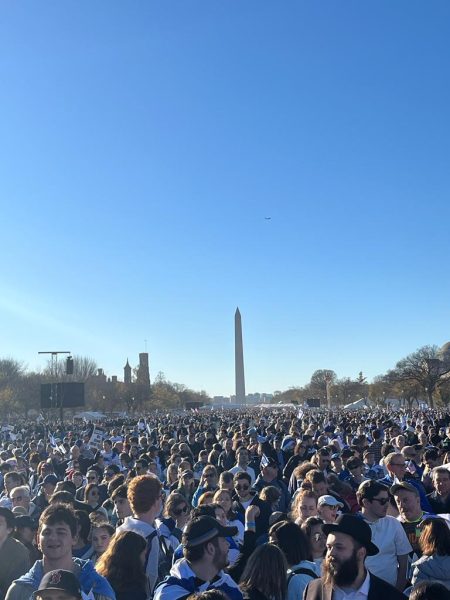
Sasha as well has reliable contact with most of her family in Israel save for specific circumstances.
“Usually they reach us because there are sometimes some problems with internet loss. One of my uncle’s, the one of them who was drafted, he, at a certain point, couldn’t really contact us. Not sure for which reasons but he couldn’t. But overall we have a pretty strong contact with them.”
Only months away from the 2 year anniversary of the invasion the Russo-Ukrainian war is still raging.
Sasha shares a story of her friend that had to flee Ukraine at the start of the war. His father woke him up early to flee the city before a potential attack. Thinking he was late for work, he started packing but his father stopped him saying:
“ ‘The war has started. We’re leaving right now’,” Sasha said.
Novoselova provides a unique perspective on the war. She recalls an experience where she got news about the Russo-Ukrainian war while in class after moving away from Russia, but has a hard time connecting to the pain.
“During class I got an indication on my phone, and it was one of the news Telegram channels which straight up posted pictures of dead bodies from the field of battle in Ukraine. And that’s like you know, and you sit in that classroom with all those people who have been perfectly safe with you being perfectly safe. And you look at pictures of dead bodies understanding that currently, your country is killing people. While you’re just here sitting in perfect call not bothered by any of that. And it’s such a weird feeling, which I can’t even probably describe and I hate it,” Sasha said.

